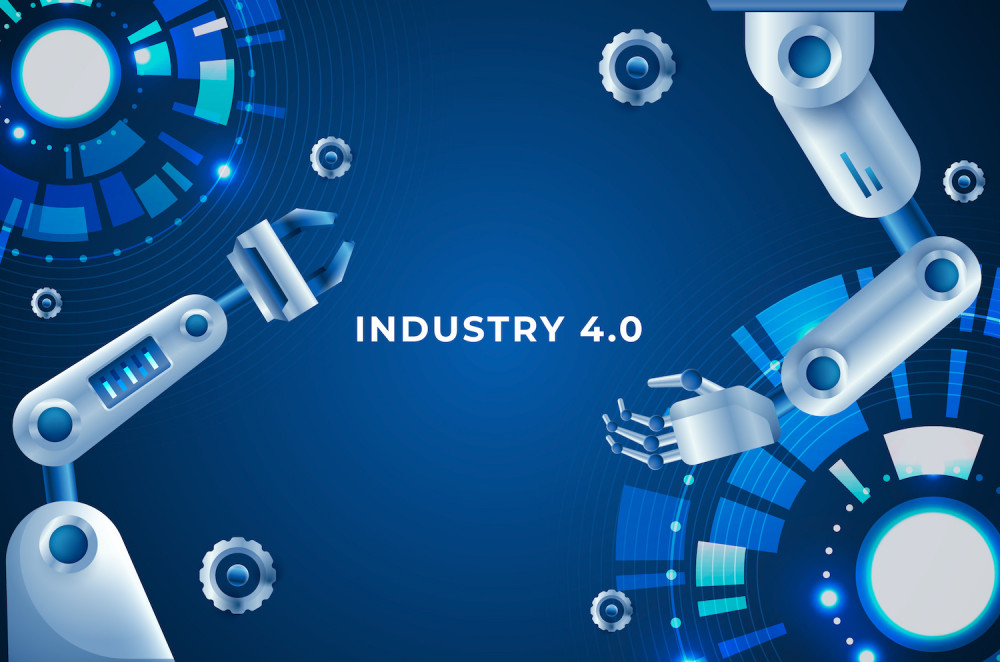The Critical Importance of Cyber Security in Manufacturing Execution Systems (MES)
Today, Manufacturing Execution Systems (MES) plays a crucial role in digitally-driven manufacturing efficiency, real-time production monitoring, and quality control. However, the integration of these systems with other enterprise systems and their reliance on network connectivity expose them to significant cyber security risks. This post examines the critical importance of cyber security in MES, comparing traditional on-premises architectures with modern cloud-native MES products.
Cyber Security Concerns in MES
MES are computerized systems used in manufacturing to track and document the transformation of raw materials to finished goods. They provide real-time data on production operations, enhance visibility, and improve decision-making. However, as MES integrate deeply with other business systems like ERP (Enterprise Resource Planning) and PLM (Product Lifecycle Management), they become prime targets for cyber attacks. Let's define each type individually, and learn what concerns do they hide.
Traditional On-Premises MES Architectures:
1. Network Security:
- Vulnerability: On-premises MES systems often rely on internal networks for data communication. These networks, if not properly secured, can be vulnerable to internal and external threats.
- Mitigation: Implementing strong firewall protections, intrusion detection systems (IDS), and regular network security audits are essential for safeguarding these systems.
Example: According to a report by Deloitte, manufacturing companies have experienced a 15% increase in cyber attacks targeting on-premises MES systems due to inadequate network security measures.
2. Access Control:
- Vulnerability: On-premises MES systems often lack advanced access control mechanisms, making them susceptible to unauthorized access.
- Mitigation: Utilizing multi-factor authentication (MFA), role-based access control (RBAC), and stringent user authentication protocols can help mitigate these risks.
Example: The Cybersecurity and Infrastructure Security Agency (CISA) emphasizes the importance of robust access control measures to prevent unauthorized access to critical manufacturing systems.
3. Data Integrity and Backup:
- Vulnerability: On-premises MES systems are at risk of data corruption and loss due to hardware failures, human errors, or cyber attacks.
- Mitigation: Regular data backups, integrity checks, and the use of redundant systems can protect against data loss and ensure data integrity.
Example: A case study by IBM highlighted how regular data backups and integrity checks helped a manufacturing firm recover from a ransomware attack with minimal data loss.
Modern Cloud-Native MES Products:
1. Enhanced Security Protocols:
- Benefit: Cloud-native MES products often come with built-in advanced security features, including encryption, identity and access management (IAM), and regular security updates.
- Mitigation: Cloud service providers typically offer robust security measures, including end-to-end encryption and automated threat detection, which are continuously updated to counter new threats.
Example: According to Gartner, cloud-native MES solutions have reduced cyber security incidents by 25% due to their advanced security protocols and continuous monitoring.
2. Scalability and Flexibility:
- Benefit: Cloud-native MES systems can easily scale to meet the demands of a growing business, with security measures scaling proportionally.
- Mitigation: Dynamic scaling ensures that security measures remain effective even as the system grows, protecting against potential vulnerabilities.
Example: A report by Forrester indicates that manufacturers using cloud-native MES systems have experienced a 30% improvement in scalability and security compared to traditional on-premises systems.
3. Compliance and Regulation:
- Benefit: Cloud service providers often help ensure compliance with industry regulations and standards, such as GDPR, ISO 27001, and NIST.
- Mitigation: Leveraging the compliance features of cloud providers can help manufacturers meet regulatory requirements more easily and effectively.
Example: Microsoft Azure and Amazon Web Services (AWS) offer comprehensive compliance frameworks that assist manufacturers in adhering to global regulatory standards.
Conclusion
The integration of cyber security measures in MES is critical for protecting manufacturing operations from cyber threats. While traditional on-premises MES architectures require robust network security, access control, and data integrity measures, modern cloud-native MES products offer enhanced security protocols, scalability, and compliance support. By understanding the cyber security needs of their MES, manufacturers can better protect their operations, ensure data integrity, and maintain compliance with industry regulations.
Interested in digital transformation? Let's discuss!
Other articles
While both involve structured review and analysis, their objectives, scope, and outcomes differ significantly. This article exploring this topic further.
